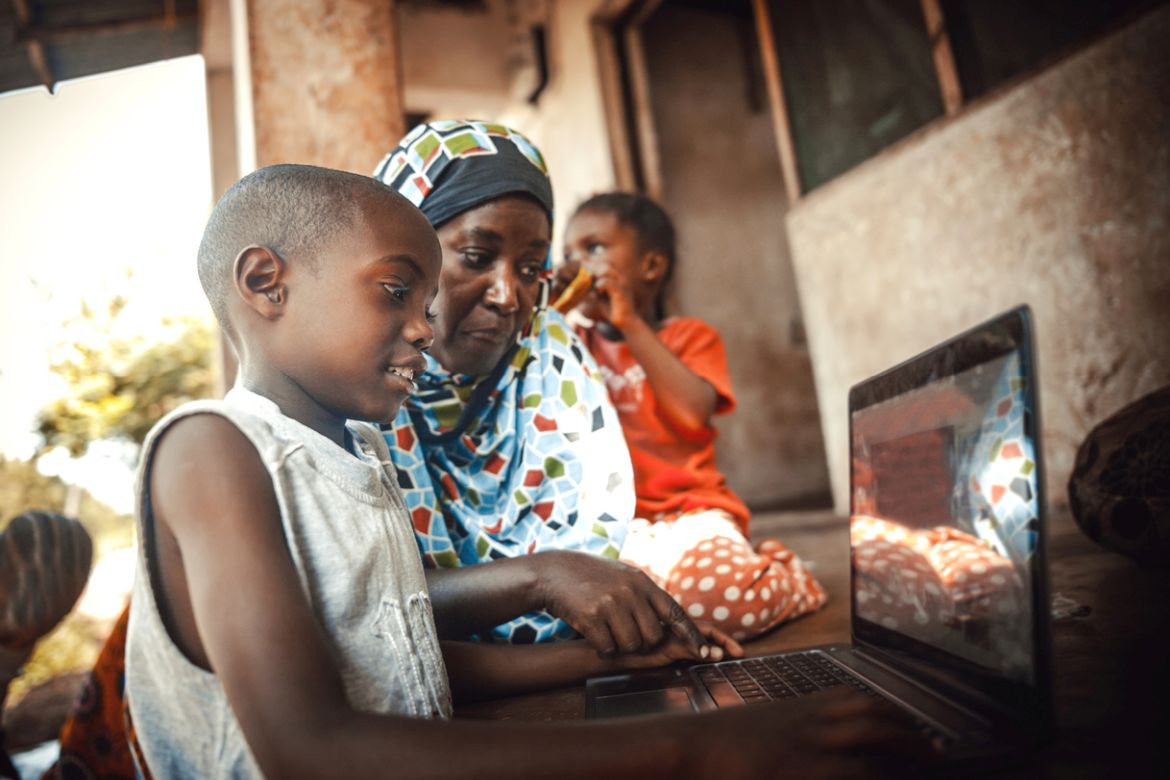Digital connectivity growth and a rapidly expanding technology ecosystem across Africa mean more people than ever own smartphones and use social media, artificial intelligence (AI) platforms and other applications than ever in the continent. But as the digital world opens its doors, are people in Africa aware of the dangers that lie within?
Cybersecurity awareness company KnowBe4 revealed in its latest poll that significant work needs to be done before citizens of Africa can be considered safe against online threats.
The firm’s ‘Cybersecurity in Africa’ survey polled 800 employees across multiple sectors to assess their cybersecurity awareness. Respondents came from the likes of Mauritius, Botswana, Egypt and Ghana to represent the continent.
The survey looked into how people access the internet, finding that 97 per cent of respondents use a smartphone. Meanwhile, laptops (74 per cent); smart TVs (47 per cent); tablets (31 per cent); gaming consoles (17 per cent); features phones (eight per cent) were the other most popular owned devices. Less than one per cent of people did not own any of these devices.
Increased connectivity has raised concerns, as it can often introduce vulnerabilities to professional and personal networks and devices. Seventy-one per cent access the internet through mobile networks. The same proportion of respondents are also accessing the internet through home Wi-Fi.
Thirty-six per cent of respondents get online using their work and office networks, while 15 per cent use free Wi-Fi in public places and 12 per cent access the internet at internet cafes.
Anna Collard, SVP content strategy and evangelist at KnowBe4, discussed the dangers related to public internet access. She said: “The question is – do people understand the risks associated with accessing the internet in public places? Are they putting the right security protocols in place?”
“Often, people do not even know that they can be hacked while they access free Wi-Fi, or that they can have critical information, like passwords, stolen while they are online.”
Cybersecurity awareness in Africa
Cybercrime awareness is an area in Africa that needs greater levels of attention, according to the KnowBe4 survey. Around 19 per cent of respondents were ‘somewhat concerned’ with cybercrime but do not understand threats or how to mitigate them.
An alarming seven per cent did not believe that cybersecurity was not a concern because their work took care of it. Seven per cent also felt safe and ‘not at all concerned’ about cybersecurity threats. The revelation shows that many may feel too comfortable when accessing the internet, not taking potential threats into account.
Although over half had received cybersecurity training from their employers, only 21 per cent agreed that the training was adequate. A whole 10 per cent also felt training received was not adequate at all.
Only 45 per cent said they ‘somewhat agree’ that they could recognise a security incident. Only one-third (34 per cent) were ‘very confident’ that they could recognise a security incident if they saw one.
Problems with education cause the biggest issues
Collard also explained other issues surrounding education: “Then, we look at issues like cyber hygiene. We discovered that only 43 per cent of respondents could identify what ransomware was. Furthermore, only 61 per cent could identify a strong password.
“A worrying 20 per cent selected [email protected]$$word!; 25 per cent selected thisismysuperwonkyapp#1; 16 per cent chose Summer#123 and 3 per cent chose Grandma1959. Six per cent said none of these are strong passwords. Only the 62 per cent who chose [email protected]&! were correct.”
“The entire landscape is a challenge and the only way to thrive within this complexity is to arm your people with the tools and understanding they need to protect themselves. Training is the only way to ensure that all the protections and security investments made by the business are fully realised by those who use them. If people understand the threats, their role in mitigating the threats, and what to do to protect against them, they are empowered and more able to overcome the challenging landscape that lies ahead,” Collard concluded.
Image and article originally from thefintechtimes.com. Read the original article here.

